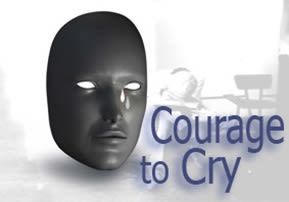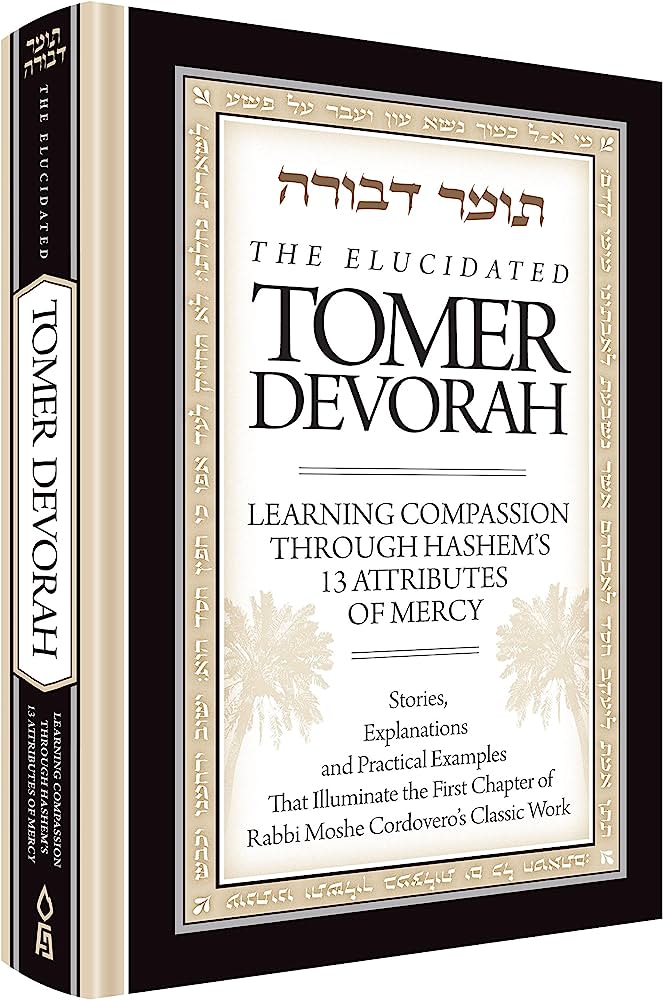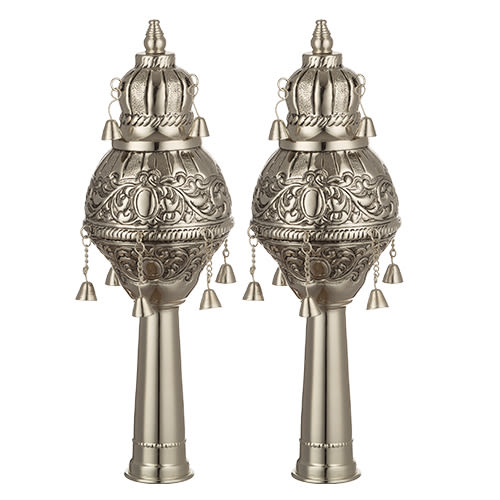
Courage To Cry
Religion is not about escaping reality. To be religious is to face reality head on, with the knowledge that that reality is our challenge in life, a challenge..

I recently took part in a two-day retreat for couples that had experienced the loss of a child or a potential child. Baruch Hashem, my husband and I are blessed with a beautiful family; however, as have most couples, we have had our share of trials and tribulations. About sixteen years ago, we lost a daughter, shortly after her birth. Although it was an extremely difficult time for us, as a family and for me personally, ultimately we gained immensely from the challenge. As I explained to the women at the retreat, as the tapestry of life becomes increasingly full and vibrant, that empty black hole becomes less noticeable; it will never disappear completely . . . and I hope that it never will.
Many of the young women at the retreat had recently suffered the loss of a small child. I was awed by their ability to allow themselves to feel the pain and to use their emuna to integrate that pain into the tapestry of their lives. As one of the women who had recently lost a child said, "There is such a distance between what I know to be true – my child completed what he had to do in this world, and Hashem is sending me this challenge as my personal tikkun – and the intense emotional pain that I am feeling right now. But that, too, is Torah. I am supposed to mourn."
INTEGRATING EMUNA INTO OUR LIVES
About six years ago I was asked to speak to a newly religious young woman whose mother had been killed in a terrorist attack several months earlier. The young woman gave me a lecture on emuna: her mother had concluded her mission in life; she had gone to a better place; now that she had Torah, there was no reason for her to feel sad about what had happened. "I never cried,” she said, “or felt sad. I'm happy about what happened because I know it is what had to be."
"Everything you are saying is true.” I told her. “But the Torah says that we are supposed to mourn. Don't use Torah to escape reality. Use it to help you face reality." That, in a nutshell, was my response.
It's a common mistake to think that Torah is a ‘quick fix.’ "I have Torah, so now I don't need anything else." Sorry folks, becoming Torah observant, integrating Torah into our lives so that we are one with Torah, is hard work. We can't use emuna to escape the realities of life.
In Garden of Joy Rabbi Arush points out the fallacy in the thinking of people who use emuna to escape their responsibilities:
The marriage contract states that the husband is required to support his family. Our Rabbis derive from this that if a husband cannot properly support his wife, he must go to work to support her. This contradicts the arguments of those people who claim to be such great believers in God that they have no need to work. When their wives complain that there is no food to feed their families, these ‘great believers’ chastise their wives saying, "What? Don't you have emuna? God wants us to have financial problems, so accept those difficulties with love. Where is your trust in God? Don't you believe that everything that happens to us is for the best?" (Rabbi Shalom Arush, Garden of Joy)
I recently spoke with a woman who had an addiction problem. She told me that when she became religious, she thought that she could do away with her support group and program. In other words, she thought now that she had Torah she could forget about the hard work of growth and change. She fell back into addiction. Today, she is taking the bull by the horns, davening, turning to Hashem, and using her emuna to help her turn her life around. And as she is growing and changing, her emuna is becoming deeper and stronger, integrated into the depth of her being.
BEING COURAGEOUS
Religion is not about escaping reality. To be religious is to face reality head on, with the knowledge that that reality is our challenge in life, a challenge to be used wisely, to extend our clarity and bring us closer to the Almighty. It takes courage to face realities, to use our challenges as tools for growth.
During the two days that I spent at the retreat for women who had lost a child, I met several women who had faced their challenges with true emuna, and who, as a result, had seriously grown in depth and clarity. These women said that they would, of course, have never asked for such a difficult and painful test, but facing that challenge had brought them to a place they would have otherwise never reached. They had crossed a spiritual bridge.
In today's world, we are bombarded with messages to go out and have a good time. The media screams at us without end: Stop thinking, listen to the latest earthshaking report, watch the just released award winning movie, play the latest video game. The malls are open twenty-four hours a day, begging us to numb our senses and buy, buy, buy! The Internet is always available, to lure us into becoming zombies as we surf the web.
But that's not life, that's escaping life! Life is about facing challenges and growing from them. Life is feeling the pain, yet having the emuna that that is what we must do; that is how we will discover the meaning of our own lives and gain a deeper relationship with the Almighty. And yes, of course, just as we can feel the pain, we can, and will, feel joy, and use that joy to grow. We will feel real joy because we are truly living to our fullest.
It is my blessing that we use our challenges as tools for growth, that instead of escaping life, we face life head-on, to become the best that we can possibly be.











Tell us what you think!
Thank you for your comment!
It will be published after approval by the Editor.